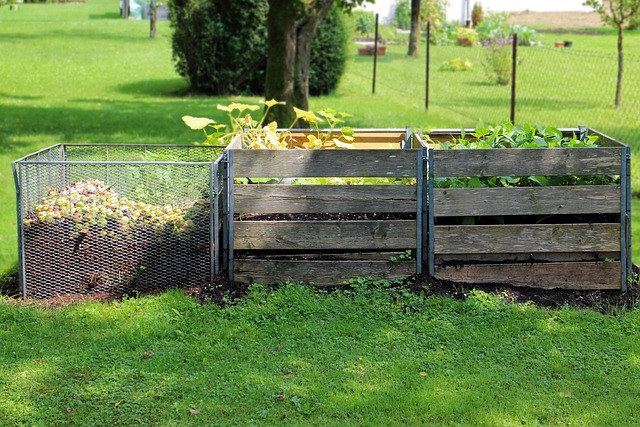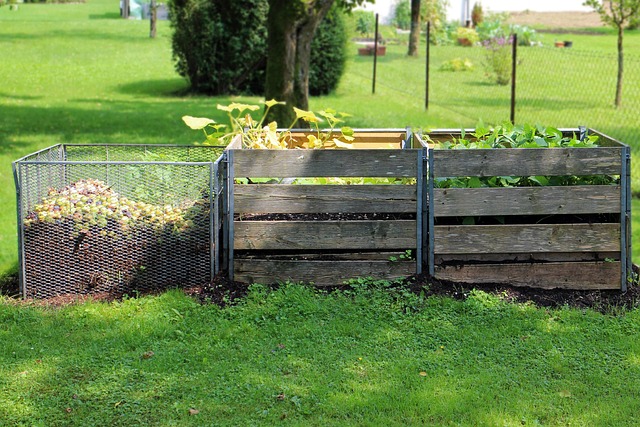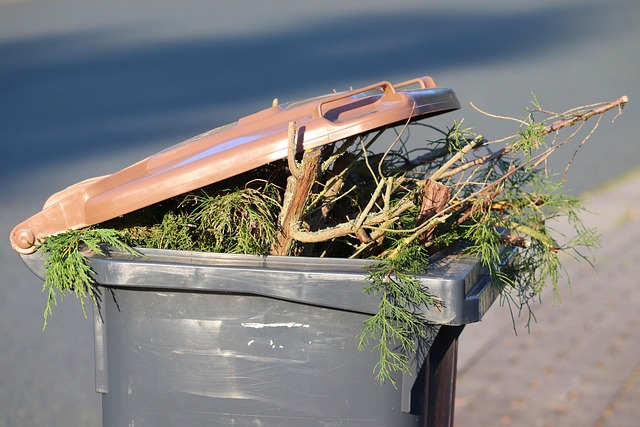The Beauty of Eco-Friendly Gardening
In today’s fast-paced world, the significance of sustainable practices has never been more crucial. Eco-friendly gardening is a wonderful way to connect with nature while also contributing positively to the environment. One of the best tools at your disposal for creating a green, thriving garden is a compost bin.
Understanding the Eco-Friendly Approach
Gardening is not just a hobby; it’s a passion that allows you to cultivate beauty while respecting the earth. By adopting eco-friendly practices, you’re making a conscious decision to nurture the environment around you. Implementing a compost bin into your gardening routine is a practical step toward achieving this goal.
The Importance of Composting
Composting is nature’s recycling process. When you create a compost bin, you’re giving organic waste a second life, turning food scraps, yard waste, and other biodegradable materials into nutrient-rich soil. This reduces the amount of waste sent to landfills, helping to minimize your carbon footprint and lessening greenhouse gas emissions.
Setting Up Your Compost Bin
Creating a compost bin doesn’t have to be complicated. Choose a spot in your garden that is well-drained and easily accessible. You can purchase a ready-made composter or even build one from recycled materials like wooden pallets or wire mesh. Fill your bin with a mix of greens (nitrogen-rich materials such as fruit scraps and grass clippings) and browns (carbon-rich materials like dried leaves and cardboard) to ensure a balanced mixture that promotes aeration and decomposition.
Best Practices for Composting
To maintain an effective compost bin, remember a few essential tips:
- Aerate Regularly: Turn your compost every few weeks to introduce air into the pile. This speed up the decomposition process and prevents foul odors.
- Moisture Content: A well-balanced compost should be moist but not soggy. If it feels dry, add water, while too much moisture can be remedied by incorporating more dry materials.
- Balance Your Ingredients: Aim for a mix of green and brown materials for optimal compost quality. Too much of either could slow down the composting process.
The Benefits of Using Compost in Your Garden
Adding homemade compost to your garden can lead to healthier plants, improved soil structure, better moisture retention, and reduced dependency on chemical fertilizers. When you use compost, you’re not just feeding your plants; you’re giving back to nature. Your garden becomes a vibrant ecosystem that supports local wildlife and promotes biodiversity.
Eco-Friendly Gardening Beyond the Compost Bin
Your compost bin is just the beginning of your eco-friendly gardening journey. Consider integrating other sustainable practices such as:
- Using native plants that require less water and maintenance.
- Implementing rainwater harvesting systems to conserve water.
- Avoiding chemical pesticides and fertilizers to protect the health of pollinators.
By taking these steps, your garden will become a sanctuary for nature and a beacon of sustainability.
Get Started Today!
Embrace the beauty of eco-friendly gardening by setting up your own compost bin. With each handful of compost you dig into your garden, you’re actively participating in a healthier planet, promoting green practices, and enjoying the fruits of your sustainable efforts. Soon enough, you’ll see how a simple compost bin can transform not only your gardening experience but also the world around you.



